Not all dogs are created equal—some may steal your heart with their playful eyes, but they might also come with a few health challenges. While every breed has its quirks, some are more likely to face certain health issues due to genetics and physical traits.
From short-nosed Pugs to long-haired Collies, certain dog breeds have specific health concerns that require special attention. It’s not just about loving them—it’s about understanding their unique needs to give them the best life possible.
By being aware of these potential health risks, owners can take steps to prevent or manage these conditions, ensuring their furry friends stay happy and healthy for years to come.
Let’s take a closer look at 22 popular dog breeds that are more prone to health problems and what you can do to keep them in tip-top shape.
Bulldog

Bulldogs, with their charming wrinkles and stocky build, are prone to respiratory problems due to their short snouts.
This breed often experiences brachycephalic syndrome, which can lead to breathing difficulties, especially in hot weather.
Regular vet check-ups and weight management can help mitigate some of these issues.
German Shepherd

German Shepherds are known for their intelligence and versatility but are prone to hip dysplasia.
This hereditary condition affects the hip joints, leading to arthritis if not managed properly.
Regular exercise, a balanced diet, and vet consultations can help maintain joint health.
Labrador Retriever

Labrador Retrievers, loved for their friendly nature, are susceptible to obesity and joint problems.
Their love for food makes them prone to weight gain, which can exacerbate hip and elbow dysplasia.
Maintaining a proper diet and regular exercise is crucial for their well-being.
Pug

Pugs, recognized for their wrinkled faces, often suffer from breathing issues due to their flat noses.
Brachycephalic obstructive airway syndrome can lead to severe respiratory problems.
Keeping them cool in warm weather and monitoring their breathing is vital.
Golden Retriever

Golden Retrievers, with their friendly demeanor, are prone to cancer and hip dysplasia.
Regular health screenings and maintaining an active lifestyle can help detect and manage these conditions early.
Their genetic predisposition requires careful health monitoring.
Dachshund

Dachshunds are lovable companions but are at risk for intervertebral disc disease (IVDD).
Their long bodies and short legs make them susceptible to spinal issues, causing pain or paralysis.
Preventing obesity and avoiding jumping can help reduce the risk of IVDD.
Boxer

Boxers are energetic and playful but face a higher risk of developing heart conditions like cardiomyopathy.
Regular cardiac screenings can help detect issues early, ensuring better treatment outcomes.
A healthy diet and moderate exercise are essential for their heart health.
Yorkshire Terrier

Yorkshire Terriers, with their tiny stature, often suffer from dental and tracheal issues.
Their small mouths can lead to overcrowded teeth and gum disease, while tracheal collapse is another concern.
Regular dental care and avoiding neck strain with harnesses instead of collars can help.
Beagle

Beagles are known for their curious nature but are prone to obesity and epilepsy.
Their love for food requires careful diet management to prevent obesity-related health issues.
Epilepsy requires regular veterinary care and medication management to control seizures.
Shih Tzu

Shih Tzus, with their luxurious coats, are prone to eye problems and breathing difficulties.
Their prominent eyes are susceptible to injury, while their short snouts can cause respiratory issues.
Regular grooming and monitoring their breathing can help maintain their health.
Rottweiler

Rottweilers are strong and loyal but are susceptible to hip dysplasia and heart conditions.
These issues require regular vet check-ups and a controlled exercise regimen to manage effectively.
Proper nutrition and weight management are crucial for their overall health.
Cavalier King Charles Spaniel

Cavalier King Charles Spaniels are affectionate dogs but prone to heart disease, particularly mitral valve disease.
Regular veterinary screenings and medication can help delay the progression of this condition.
Maintaining a healthy weight and active lifestyle is important for heart health.
Poodle

Poodles, known for their intelligence and elegance, are prone to eye issues and hip dysplasia.
Regular eye examinations and maintaining joint health through exercise are crucial.
Their curly coats require routine grooming to prevent skin infections.
Chihuahua

Chihuahuas are tiny but can face dental problems and luxating patellas.
Proper dental care is essential to prevent tooth decay, while luxating patellas may require surgical intervention.
Regular vet visits and careful handling can help maintain their health.
Great Dane
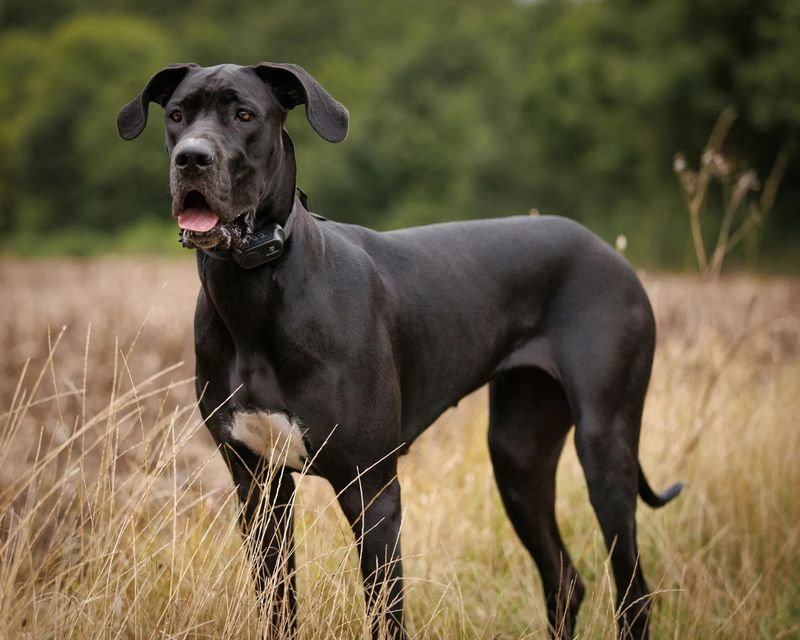
Great Danes are gentle giants but are at risk for bloat and hip dysplasia.
Bloat is a life-threatening condition that requires immediate veterinary attention.
Feeding smaller meals and avoiding vigorous exercise after eating can help prevent it.
Miniature Schnauzer
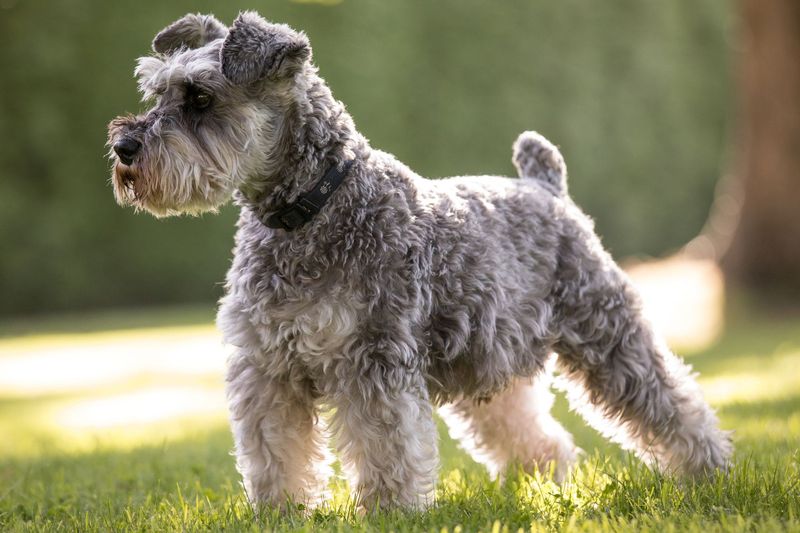
Miniature Schnauzers are lively but prone to pancreatitis and diabetes.
A diet low in fat and regular vet check-ups are essential to prevent these conditions.
Monitoring their weight and providing regular exercise can help maintain their health.
Doberman Pinscher
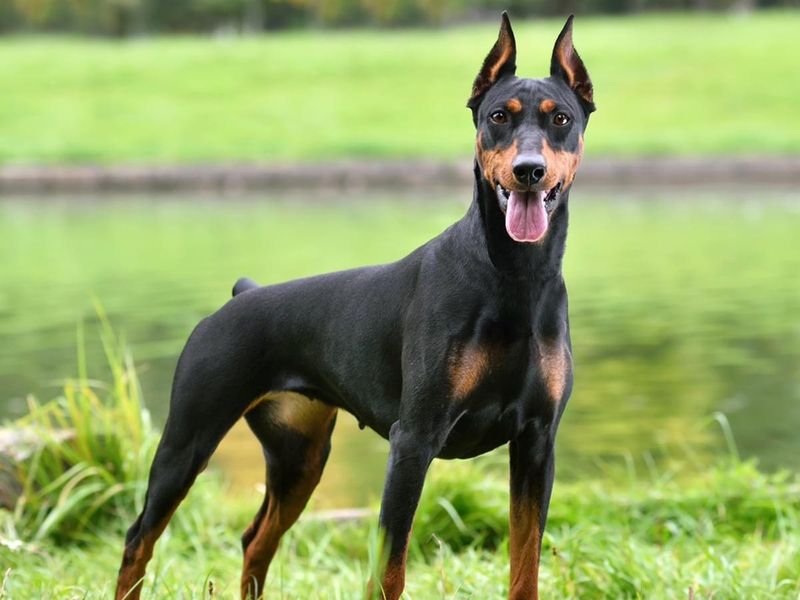
Doberman Pinschers are elegant yet face a higher risk of cardiomyopathy and hip dysplasia.
Regular heart screenings and maintaining joint health are vital.
A balanced diet and consistent exercise routine can support their overall well-being.
French Bulldog

French Bulldogs, with their distinctive bat-like ears, often struggle with breathing difficulties due to their flat faces.
They are also prone to skin issues and allergies.
Keeping them cool and monitoring their skin for irritations can help manage these concerns.
Cocker Spaniel

Cocker Spaniels are known for their beautiful coats but are prone to ear infections and eye problems.
Regular ear cleaning and eye checks are essential to prevent infections and vision issues.
A balanced diet and grooming routine support their overall health.
Basset Hound
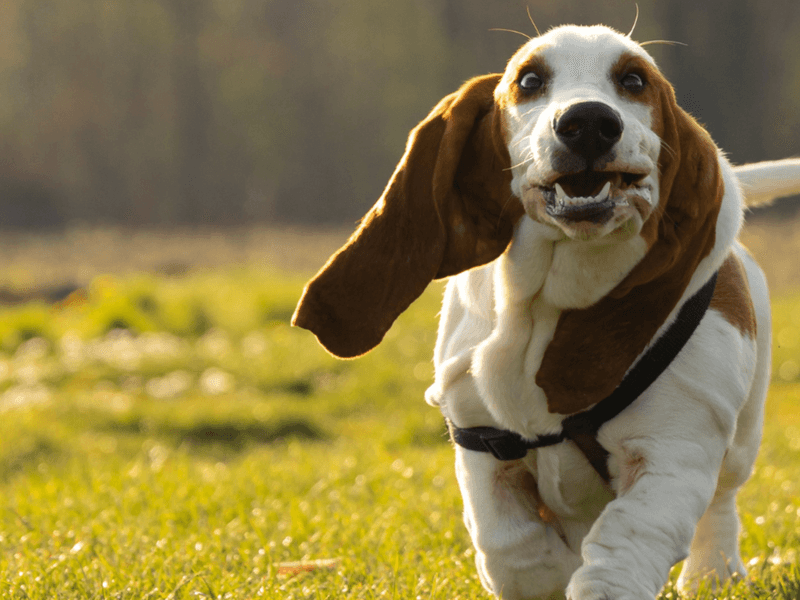
Basset Hounds are lovable but often suffer from ear infections and obesity.
Their long ears require regular cleaning to prevent infections, while diet control is crucial to avoid obesity-related issues.
Regular vet visits and exercise can help maintain their health.
Maltese

Maltese dogs, with their silky coats, are prone to dental issues and tear staining.
Regular dental care and grooming can help prevent these problems.
Monitoring their diet and keeping their facial area clean are important for their well-being.
Saint Bernard
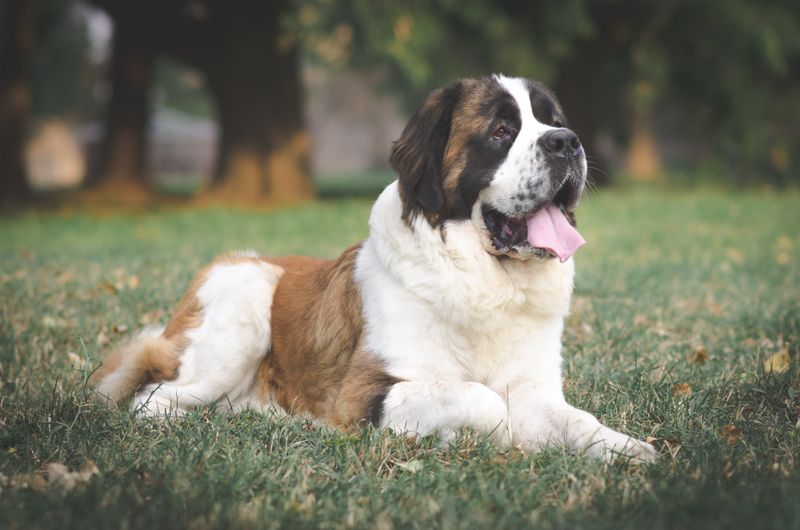
Saint Bernards are gentle giants but face a higher risk of hip dysplasia and heart conditions.
Regular veterinary check-ups and weight management are crucial for their health.
A healthy lifestyle with adequate exercise supports their overall well-being.

